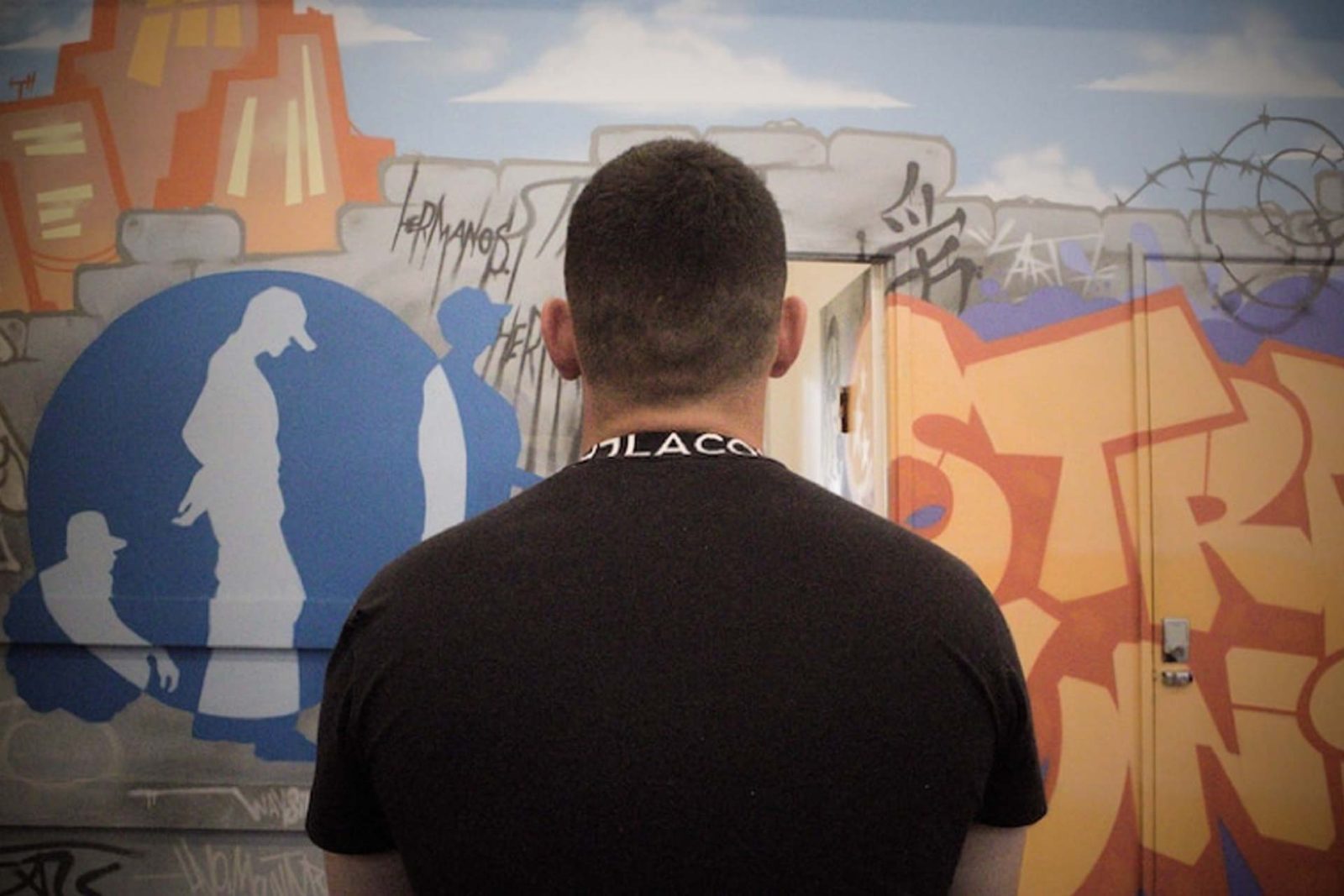ABC REPORTS NOFFS REHAB PROGRAM CRUCIAL TO BREAKING CYCLE OF YOUTH CRIME
February 2023
Study shows young people’s conviction rate drops dramatically after residential treatment
 All Media Room
All Media Room
The ABC reports that residential treatment can dramatically reduce future criminal convictions for young people who have drug and alcohol problems.
Published in the Journal of Criminal Justice, the study by a group of Australian universities
examined the criminal history of nearly 900 participants in the Ted Noffs Foundation’s PALM service and divided them into three categories: those with a small number of convictions before entering treatment; moderate; and a high trajectory group who had on average more than 10 criminal convictions by the age of 17.
Then, they tracked the young people after treatment and monitored their contact with the justice system for five years.
Researchers had another unique data point at their disposal. There was a comparison group: young people who had been referred to PALM for treatment, but either didn’t attend or left within three days of starting the program.
The study found for adolescents in the high trajectory group — the most likely to become stuck in a life of crime — the reduction in future convictions was profound versus the comparison group.
Diverting young people from the criminal justice system to services that address their underlying needs is integral to reducing youth crime, says Mark Ferry, an expert in youth residential treatment who is a co-author of the study and Chief Operating Officer at Ted Noffs Foundation.
“It’s so easy for governments to increase spending on detention centres. They are far from being a silver bullet. Youth detention is expensive and does not significantly reduce recidivism,” Mr Ferry said. “This study shows that treatment not only saves money and lives – it reduces crime and makes our community safer.”
Chief investigator and co-author of the study, Associate Professor Sally Nathan from the School of Population Health, UNSW Medicine & Health said, ‘The findings are a call to move away from ‘tough-on-crime’ approaches towards a health and harm reduction response. In particular, more attention should be placed on addressing social determinants – the factors around young people that may lead them to commit crime.’
Other evidence from the research team suggests that as little as one month in a therapeutic community may help reduce drug use, psychological distress, and involvement in crime more generally.
‘This study contributes to the body of work showing residential alcohol and drug treatment programs for young people have a range of benefits – improving mental health, reducing suicides and self-harm as well as hospitalisations, and now evidence they can reduce criminal convictions if young people stay 30 days or more in the program,’ A/Prof. Nathan said.
THIS ARTICLE IS FROM AN ABC ONLINE PIECE ON 2 FEBRUARY 2023
Listen to an ABC News Radio report on the study here
Photo credit: ABC Online
